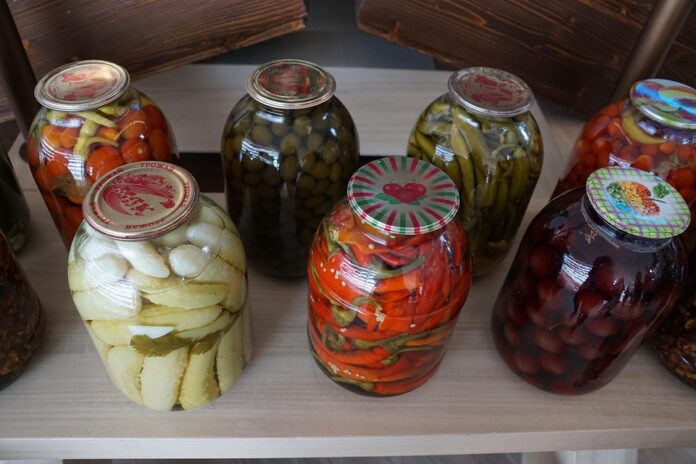Consumer Trends in Canned Vegetables: The Shift Toward Organic and Clean Label Products
The Rise of Organic and Clean Label Canned Vegetables
In recent years, there has been a noticeable shift in consumer preferences towards healthier and more sustainable food options. This trend has extended to the canned vegetables market, where consumers are increasingly seeking out organic and clean label products. Organic canned vegetables are grown without the use of synthetic pesticides or fertilizers, while clean label products contain only natural, recognizable ingredients.
This shift towards organic and clean label canned vegetables can be attributed to several factors. Firstly, consumers are becoming more conscious of the impact of their food choices on their health and the environment. Organic vegetables are perceived as being healthier and more environmentally friendly than conventionally grown produce. Additionally, clean label products are seen as more transparent and trustworthy, as they contain fewer artificial additives and preservatives.
Financial Data and Industry Insights
According to a report by Market Research Future, the global organic canned vegetables market is expected to grow at a CAGR of 5.7% from 2021 to 2028. This growth is driven by increasing consumer awareness of the health benefits of organic produce and a growing demand for sustainable food options. Major players in the organic canned vegetables market include Amy’s Kitchen, Earth’s Best, and Eden Foods.
In terms of clean label canned vegetables, the market is also experiencing significant growth. According to a report by Grand View Research, the global clean label canned vegetables market is projected to reach $6.5 billion by 2025, growing at a CAGR of 7.2% from 2019 to 2025. Companies such as Green Giant, Del Monte Foods, and B&G Foods are leading the way in offering clean label canned vegetable products to consumers.
Consumer Preferences and Behavior
Consumer preferences for organic and clean label canned vegetables are driven by a desire for healthier food options and a greater emphasis on transparency and sustainability. Many consumers are willing to pay a premium for organic and clean label products, as they believe these options are better for their health and the environment. In a survey conducted by Mintel, 72% of consumers said they would pay more for products with clean labels.
Furthermore, the COVID-19 pandemic has accelerated the shift towards organic and clean label products in the canned vegetables market. Consumers are placing a greater emphasis on immune-boosting foods and are more conscious of the ingredients in the products they purchase. As a result, there has been an increased demand for organic and clean label canned vegetables during the pandemic.
Challenges and Opportunities
While the demand for organic and clean label canned vegetables is on the rise, there are challenges that companies in the industry must address. One of the main challenges is the higher cost of producing organic vegetables, which can result in higher prices for consumers. Companies need to find ways to balance the cost of production with consumer demand for affordable organic options.
However, there are also opportunities for growth in the organic and clean label canned vegetables market. Companies can differentiate themselves by offering innovative products, such as new flavor varieties or packaging formats. Additionally, partnerships with local farmers and suppliers can help companies secure a steady supply of organic produce and enhance their sustainability credentials.
In conclusion, the shift towards organic and clean label canned vegetables reflects a broader trend towards healthier and more sustainable food choices among consumers. With the market for organic and clean label products continuing to grow, companies in the canned vegetables industry have the opportunity to meet consumer demand for transparency, quality, and sustainability. By addressing the challenges and capitalizing on the opportunities in this market, companies can position themselves for success in the evolving landscape of canned vegetables.




